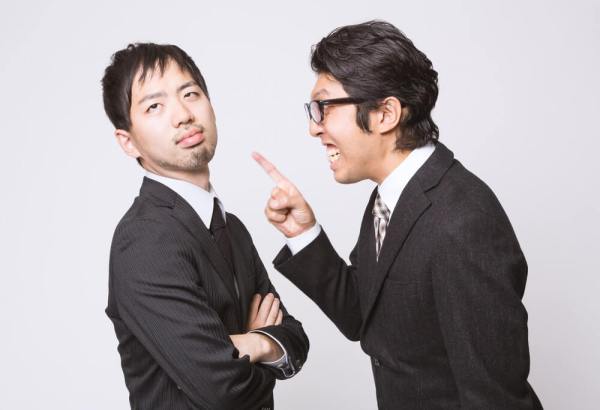- On 02/10/2021
- By Tutor Take
- Tags Japanese Language
The meaning of “空気を読む”
Be it the language that shapes the culture or the culture that forms the word, learn about Japanese culture through key words used in everyday speech.
空気を読む
Pronounced: Kuki wo yomu
Format: Noun + particle + verb
Meaning: Literally, “Reading the air”, referring to “reading the situation” or “sensing the mood”, something very important in Japanese society.
Why we like this word:
Because it describes a key aspect in the way Japanese socially behave. People are expected to think about the situation and the people around them before they act or speak. For example, kissing your girlfriend in front of her parents would be “Kuki yomenai”, or not reading the air, while asking for the recipe of the dish her mother made would be “Kuki wo yomu”, as you are indirectly praising her great cooking.
Is 空気を読む old or new?
While the concept of “reading the air” has always been of great importance to function in a Japanese society, and ”空気を読む” (Kuki wo yomu) has been an existing phrase, it was not used as frequently as today until 2007.
In 2007, ”場の空気を読む” (Ba no kuki wo yomu), or reading the air of the occasion was shortened by the younger generation to simply Kuki wo yomu, or reading the air. The phrase especially gained popularity in its negative form “空気読めない” (Kuki yomenai), as a convenient way to address someones inappropriate behavior. This became so commonly used that it was abbreviated to “KY”, using the initials of Kuki and Yomenai, by for example saying “My god, you are so KY!”.
While the trend of calling someone KY for whatever he or she does is in fact the most KY thing to do, it cannot be denied that KY is a convenient new word to put someone in one’s place without being too direct.

Of course, KY is nothing more than an old Japanese concept in a new jacket, but it deserves kudos for spreading that concept on to the new generation. We figure that this might have been the major reason for KY receiving the “New word or slang grand award of the Japanese language” in 2007. Great air reading by the committee if you ask me!
